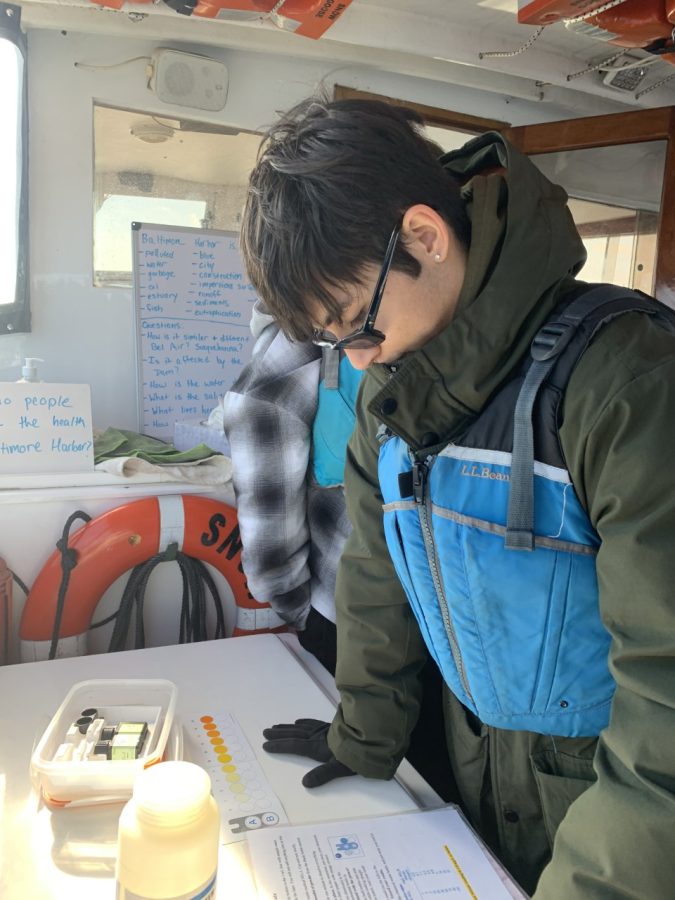Field Trips and Hands on Learning Encourages Students
March 31, 2023
As the world continues to grapple with the impact of the COVID-19 pandemic on education, the value of field trips as a tool for learning has become increasingly apparent. Despite the challenges that come with organizing and conducting field trips, research has consistently shown that these excursions have a positive impact on students’ academic achievement and social-emotional development.
A recent study conducted by the University of Arkansas found that field trips can increase students’ critical thinking skills and their ability to retain and apply knowledge. The study also showed that students who went on field trips had higher levels of cultural tolerance and empathy towards others, which are essential skills in today’s increasingly diverse and interconnected world.
One of the reasons why field trips are so effective is that they provide students with a hands-on, immersive learning experience that goes beyond what they can learn in the classroom. As Deborah Edwards, Executive Director of the National Association for Museum Exhibition, explains: “Field trips are a way to bring education alive for kids. They allow students to engage with and learn from real-world experiences, and to see firsthand how the things they learn in the classroom are relevant to their lives.”
However, the COVID-19 pandemic has made it difficult for schools to organize field trips, as many venues remain closed or have limited capacity. This has led some educators to explore virtual field trips as an alternative. While virtual field trips can be a useful tool, they cannot fully replicate the immersive, hands-on experience of an in-person excursion.
As we look to the future of education, it is crucial that we continue to recognize the value of field trips as a tool for learning. As Dr. Jay P. Greene, Professor of Education Reform at the University of Arkansas, notes: “Field trips are not a luxury, but an essential part of a well-rounded education. They provide students with the opportunity to see and experience the world beyond their classrooms, and to develop the skills they need to succeed in the 21st century.”
In a time where education has been significantly impacted, it is essential to utilize all available resources to help students achieve academic success. Field trips have been a proven asset in achieving such success, and it is important for schools to find ways to safely implement them back into their curriculum. As we move forward, we must continue to prioritize the value of field trips in education and ensure that all students have access to these opportunities.


